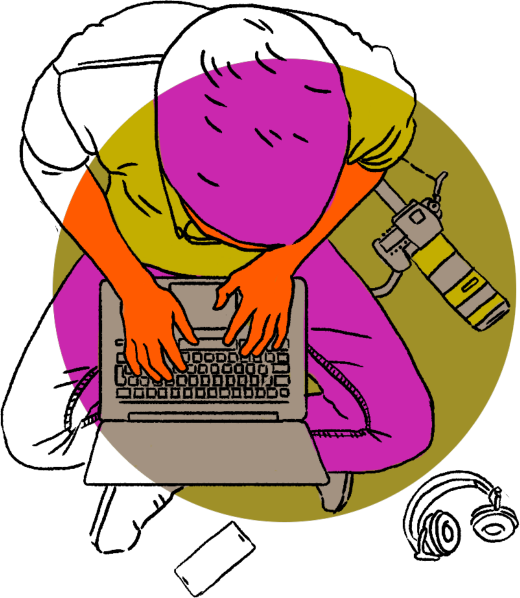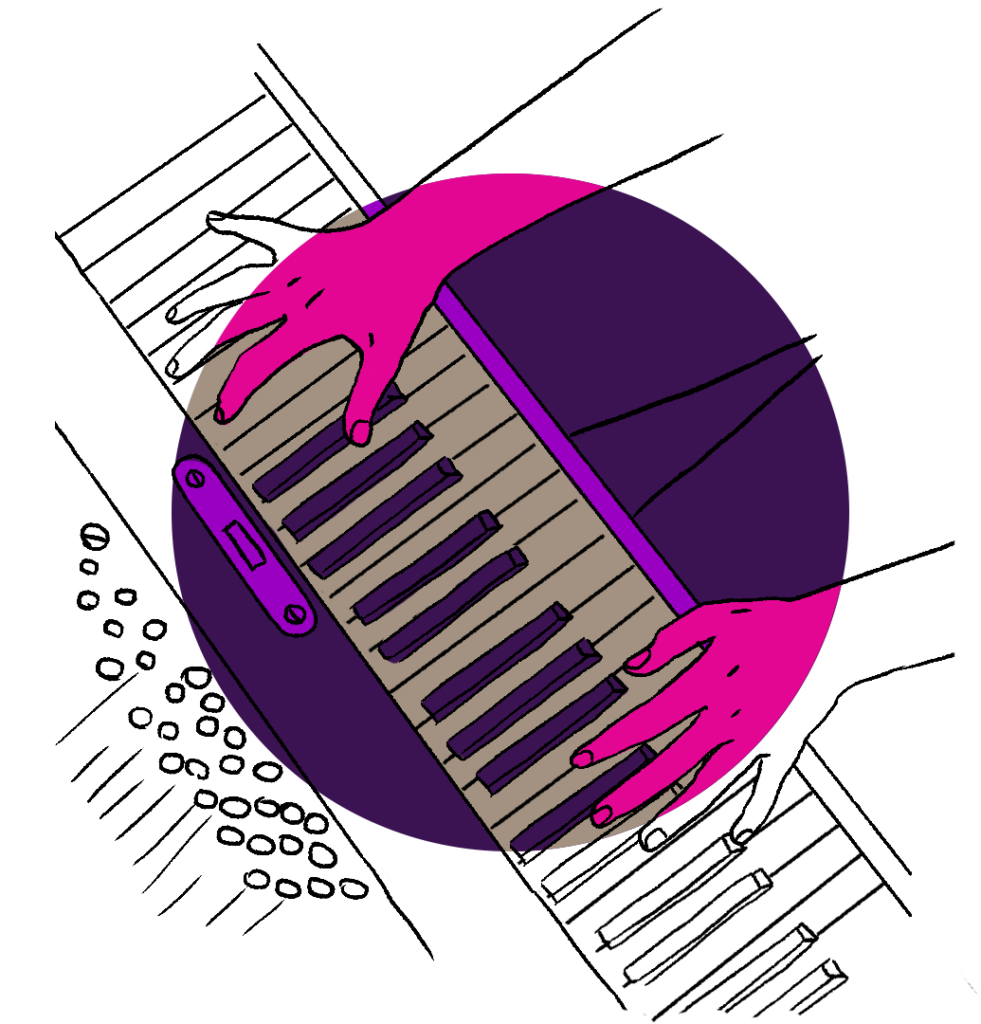In Argentina, a new media organisation is rethinking news journalism to capture a young, politically engaged audience and empower social change.
In April 2018 we founded RED/ACCIÓN to answer the following question: what should a 21st century media company look like? The question tried to address not only the technological aspects, but also the way a media organisation should reshape itself to reflect the transformation of society and of audiences. In 2017, having worked for 20 years for La Nación, a major newspaper in Buenos Aires, and having been its editor-in-chief for the last four years, I felt the call to develop a media venture with a purpose. The objective was to build a news organisation that could rethink the role of journalism for the present and future challenges of society and young audiences.
We started by looking closely at what researchers call ‘news avoiders’: a growing part of the audience, mostly young people who avoid the media because of its excess negativity and the way it affects their spirits, and because of a sense of limited agency and powerlessness. The Digital News Report, a study by the Reuters Institute at Oxford University, pointed to this phenomenon as the result of the toxic ecosystem that includes clickbait and disinformation. Both erode trust and credibility, the two bonds on which media traditionally based its relationship with its audience. Some studies point out that news avoiders are less inclined to vote, and news avoidance is intertwined with a lack of political engagement.
We also sought to challenge the idea that a media organisation is just a content factory, which creates and distributes to a passive audience that only consumes. This model, which still governs most of the media world mindset, is fundamentally inadequate to acknowledge the greatest social transformation of the 21st century: participation.
From this vision, we developed our formula of ‘human journalism’, which integrates solutions journalism techniques (the idea of looking at problems with x-rays to discover the stories of people and organisations working to solve them) with a particular belief: we need to listen and encourage reader participation in our editorial process. The new media flow is not an arrow (throwing stories to the audience) but a circle, with an ongoing conversation between the media and its audience.
When creating a media venture with purpose, the founding team considered a non-profit model. But we finally created a for-profit company – on one hand, because it would be easier to raise capital, and on the other, because it would challenge us to build tangible and monetisable value. With this first decision made, we then looked to raise impact capital, seeking people willing to invest their money to create a sustainable journalism venture that focuses fundamentally on its positive impact on society. Within five months, having gathered shareholders from diverse backgrounds (filmmaking, global finance, real estate, music business), in February 2018 we founded the company with US$1 million as the initial investment.
As a media organisation, we showcase our journalism in three product areas: the digital site; a newsletter operation (11 newsletters with more than 24,000 subscribers); and our presence on social media. The business model has two revenue streams: sponsors for our newsletters, and a membership programme through which part of our audience supports our work and maintains a closer relationship with us.
Our audience are the new activists – that is, young citizens committed to their time: they are involved in their communities, participate in digital conversations on social media, and worry about global challenges
Our audience are the new activists – that is, young citizens committed to their time. They are involved in their communities, participate in digital conversations on social media, and worry about global challenges such as climate change, gender equality or inclusiveness. They want to do their part to foster new means of engagement, and they find in RED/ACCIÓN a media that keeps them informed, shares their values and helps them make smarter decisions.
In August 2019, Media Development Investment Fund (MDIF), a not-for-profit investment fund for independent media, joined the project, investing in equity through its Emerging Media Opportunity Fund. MDIF also provides advice and assistance from in-house and external specialists, helping us make critical decisions around the direction of our business. The obstacles have not been few. In its first two years, Argentina’s economic activity (EMAE) fell 27.6 per cent and inflation was 133 per cent, so even beyond trying to make an impact in a large community with our social journalism, the challenge of sustainability feels like swimming against the tide.
However, we have received the support of our shareholders, as well as many companies through sponsorship, and some industry assistance programmes, such as the Google News Initiative and the Facebook Journalism Project. RED/ACCIÓN was also selected to be part of Velocidad, a media accelerator programme for digital media in Latin America, created by Sembramedia (a non-profit organisation dedicated to helping digital media entrepreneurs become more successful and sustainable), the International Center for Journalism and Luminate.
The World Association of News Editors (WAN-IFRA) recognised RED/ACCIÓN as Latin America’s Best Digital News Startup in 2019. The jury said: ‘The most beautiful thing about this project is the mission of human journalism developing collaborations, where impact is one of the most important metrics‘.
The work of our team of 16 focuses on our five-dimensional impact models: we cover underreported stories; we explain complex social issues and the solutions people and organisations are seeking; we amplify minorities’ voices; our journalism is open to audience participation; we encourage our readers to make a positive impact in society.
The global pandemic and its subsequent quarantine had a tremendous negative impact on the creative industries, shutting down all live events and leaving its workers at great professional risk. This is the reason we were invited to be a media partner in a special edition of Quilmes Rock, one of the most traditional music festivals in Argentina. Along with PopArt (the producer of the event), Cervecería y Maltería Quilmes (the brand) and Conciencia (a social civic organisation), we put together a two-day online festival and a five-day campaign that reached more than one million people with Argentina’s top music artists, at the same time raising money for a fund to aid live event workers. One of our journalists was the anchorwoman of the show, with every artist performing from home and the audience contributing online to help stage assistants, live sound technicians and other live crew members.
RED/ACCIÓN’s future seems as challenging as it is exciting. We created an original impact journalism model, and we now need to grow fast in scope and scale to be faithful to one of our original ideas: journalism not only serves to explain the world, but also to change it.






